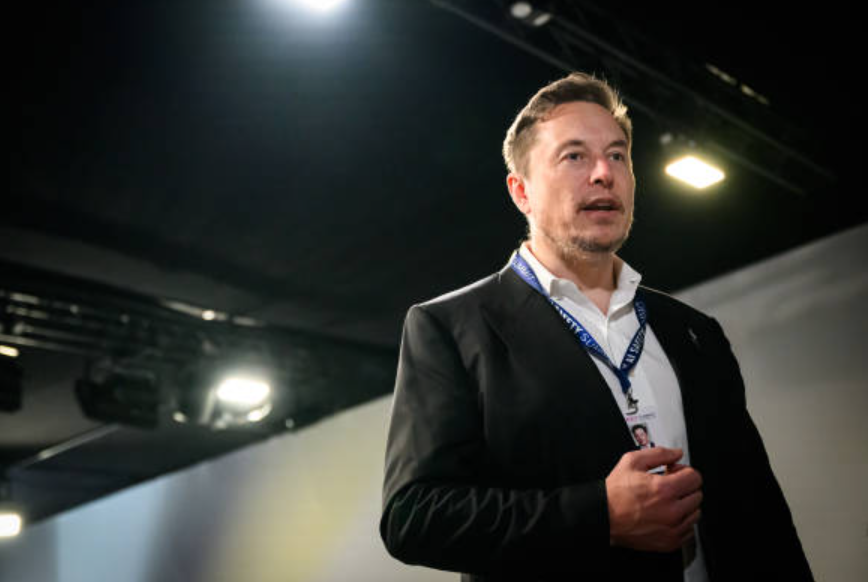Elon Musk announced via Twitter on Monday that the first human recipient of Neuralink’s brain-chip implant was recovering well.
This groundbreaking development marks a significant milestone in the journey towards merging human cognition with artificial intelligence.
The US Food and Drug Administration (FDA) had granted Neuralink clearance last year to embark on its first human trial, aimed at testing the safety and efficacy of its revolutionary implant.
Musk shared that the initial results are promising, with the detection of neuron spikes indicating the successful integration of the implant with the recipient’s brain.
Neurons, the fundamental units of the nervous system, communicate through electrical impulses known as spikes, facilitating the transmission of information within the brain and to the rest of the body.
Neuralink’s wireless brain-computer interface, part of its Prime study, aims to empower individuals with quadriplegia to control devices using their thoughts, offering hope for enhanced independence and quality of life.
Safety Assurance in Musk’s Neuralink Research

While the implant trial represents a leap forward in neural technology, Neuralink has not been without its challenges. Recent reports revealed that the company incurred fines for violating US Department of Transportation (DoT) regulations pertaining to hazardous material transportation.
Inspections conducted in Neuralink’s facilities in Texas and California uncovered failures to register as a transporter of hazardous materials and improper packaging of hazardous waste, including the flammable liquid Xylene.
The potential risks associated with mishandling such materials underscore the importance of stringent safety protocols in groundbreaking research endeavors.
Despite these setbacks, Neuralink continues to push the boundaries of innovation in neurotechnology. With FDA clearance secured and a valuation soaring to as high as $5 billion, the company remains at the forefront of efforts to unlock the full potential of the human brain.
The ongoing implant trial signifies a pivotal step towards realizing Musk’s vision of a symbiotic relationship between humans and artificial intelligence, heralding a future where disabilities are overcome and human capabilities are augmented beyond imagination.
As Neuralink advances towards its ultimate goal of merging human minds with machines, the world watches with anticipation, pondering the profound implications of this unprecedented convergence of biology and technology.


Comments are closed.